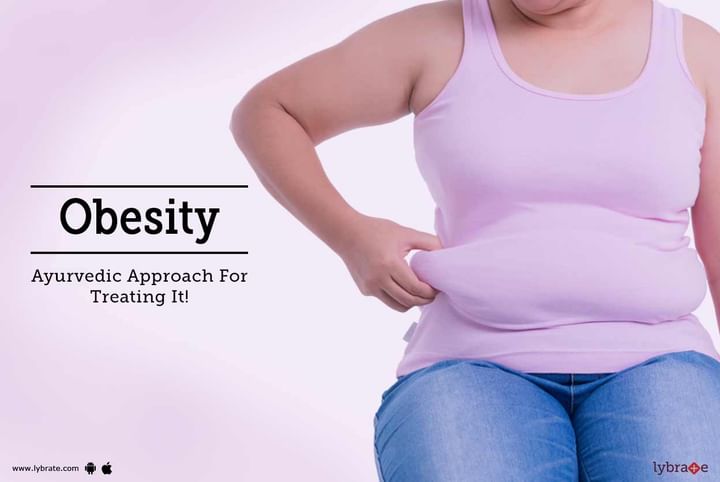Obesity - Ayurvedic Approach For Treating It!
It is a wrong notion that only overeating makes a person obese. Many people are overweight even after eating within limits or restricting the intake of unhealthy foods. A person is often considered obese when their BMI or Body Mass Index is 30 or more. For a person to be severely obese (Morbid obesity), the BMI should be 40 or higher. From backaches to heart ailments, obesity, of late, has become a serious threat, which if not controlled or treated can trigger a myriad of health problems.
Complications associated with obesity
In addition to the physical discomfort, obesity can trigger several complications some of which include
- Obesity increases the risk of Type-2 Diabetes (a condition where the cells of the body fail to utilize the insulin produced by the pancreas resulting in an elevated blood sugar level, also known as Insulin Resistance) by many folds.
- There is a direct relationship between obesity and heart problems including a stroke and heart attack (myocardial infarction).
- In some cases, obesity can give rise to a complication whereby the affected individual is found to suffer from three health conditions namely high blood pressure, high blood glucose, high levels of triglycerides with a dip in the level of the good cholesterol or HDL (a condition termed as a Metabolic syndrome).
- The incidences of psychological stress, anxiety, and depressions, sexual disorders (low libido, erectile dysfunction), menstrual problems, infertility, sleep apnea, cancer (pancreas, breast, kidney, uterus, esophagus, prostate, colon, gallbladder, ovary, liver), are also relatively higher in obese people.
Ayurvedic approach to treat obesity
With a holistic and comprehensive approach, Ayurveda plays a pivotal role in treating obesity and the associated health complications.
- According to Ayurveda, there are seven vital tissues or Dhatus in our body- Rasa Dhatu (the useful and nutritious part of the food being digested), Rakta Dhatu (blood), Mamsa Dhatu (muscle), Meda Dhatu (fat), Asthi Dhatu (bone), Majja Dhatu (bone marrow), Shukra Dhatu (reproductive system including the sperm and ovum)
- In obesity, the conversion of Meda Dhatu to Asthi Dhatu does not take place. There is also a disruption of the balance between the three doshas (vitiation of the Vata dosha with an elevation in the Kapha Dosha)
- Thus, the treatment aims at treating the diseased condition through the restoration of the balance between the doshas and eliminating the toxins from the body
- Kashaya Basti, part of Panchakarma therapy where an enema (medicated decoction) is used to carry out the detoxification can work wonders to restore the dosha balance
- The Vamana therapy is equally effective where the toxins are eliminated using an Ayurvedic emetic herb (induces vomiting)
- Further, the various body massages using herbal and medicated oils goes a long way in flushing out the toxins
- The diet also undergoes a modification. Fruits, vegetables, foods rich in good fats need to be consumed more while spicy and oily foods or those rich in bad fats (pastries, doughnuts, cookies, margarine, ice creams), are to be avoided
- Yoga and meditation are equally helpful
- One needs to have a sound sleep for at least 6-8 hours daily



+1.svg)
